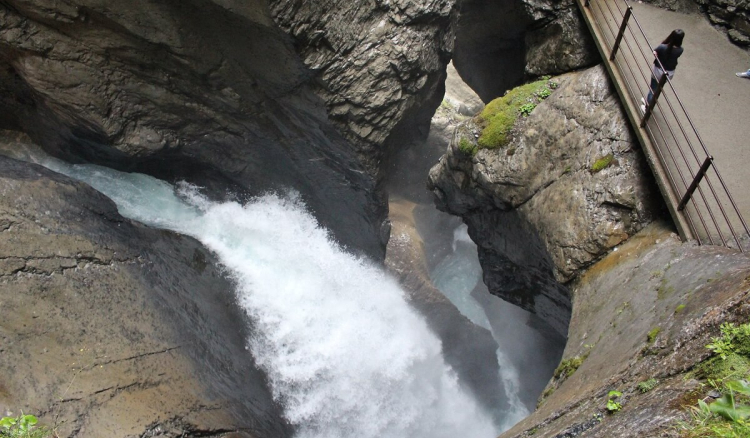
By the mid-2030s, Switzerland's population is expected to increase by one million, reaching 10 million. This growth will be unprecedented both in terms of speed and reasons, including high levels of international migration and low construction activity.
This will lead to a shortage of 150,000 housing units by 2034, which for the first time in seven decades will result in a reduction in housing consumption. As a result, rental rates and property prices are likely to rise faster than incomes.
This will be particularly noticeable in central areas and prestigious locations, where housing demand will increase due to population growth. However, the potential increase in property values could be complicated by stricter rental law regulations, which may reduce construction activity and worsen housing conditions.
In the long term, this could negatively affect the quality and sustainability of buildings due to a lack of incentives for comprehensive and energy-efficient renovations.
Challenges with renting property in Switzerland
Over the past year, there has been a significant increase in demand for rental housing in Switzerland, driven by increased immigration. Among the new immigrants are Ukrainians seeking refuge from military actions in their homeland, as well as wealthy Germans leaving Germany due to dissatisfaction with the policies of the current left-wing government in Berlin.
Despite this, the vacancy rate for housing in Switzerland is 1.31%, which is higher than the average of 1.07%. These figures are presented in the Immobilien Schweiz study for the second quarter, released by the Raiffeisen group.
As a result, people looking for rental housing in Switzerland may need to wait months or even a year to find a suitable option.
How much you need to earn to secure a mortgage in Switzerland
In Switzerland, obtaining a mortgage loan to buy a house requires a significant income. The rise in property prices in the country is largely linked to the increase in population due to the immigration of highly skilled workers, exacerbating the housing shortage situation.
According to calculations by IAZI AG / CIFI SA, the cost of an average single-family home in Zurich exceeds 3 million Swiss francs, and in the canton of Bern, about 2 million. Buyers looking to take out a mortgage must have a sufficient income: at least 300,000 francs per year in Bern and over 500,000 francs per year in Zurich, while making an immediate 20% down payment on the house's value.
Considering the median salary in Switzerland of about 80,000 francs per year, for most people, even if both are working full-time (about 160,000 francs per year), owning their own home becomes an unattainable dream, especially in large cities. This forces many to look for affordable housing in rural areas.




